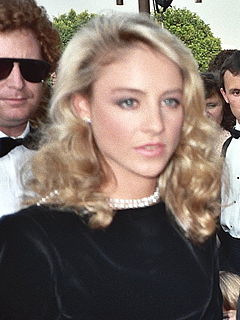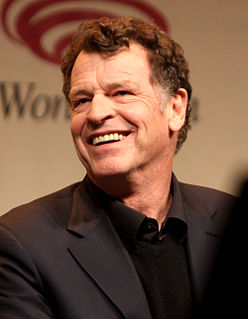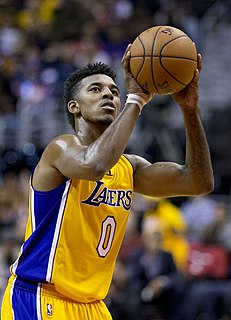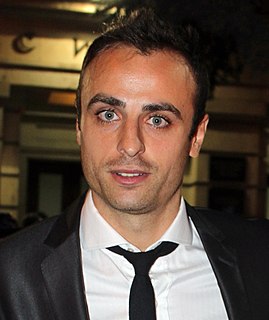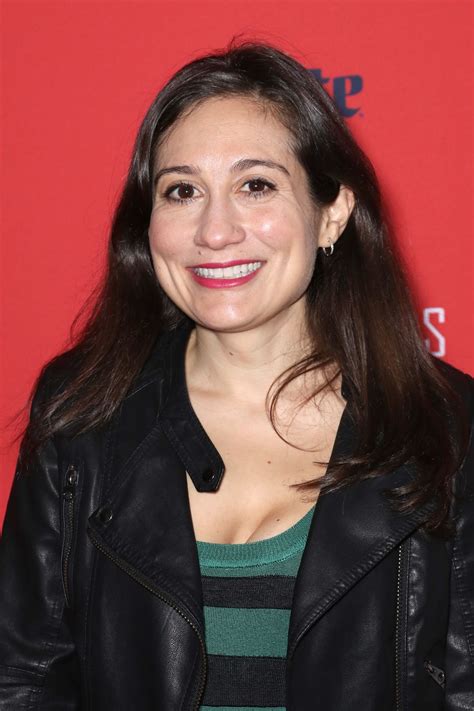A Quote by Ethan Hawke
Seeing the play ( A Lie of the Mind ) clearly is part of why I wanted to direct it. I see hope at the end of this play. People talk about how dark the play was, but I feel like, if you really look at the darkness, you're able to go through it, and you realize that you can handle dark moments in life and that everything will be all right.
Related Quotes
When people get in your face and say, 'This will pass,' you think, Are they crazy? I'm never gonna feel any better than I feel right this minute and nothing's ever gonna make sense again... You see a lot of people play this blame game. Blame, blame, blame. You know? And it's a really easy thing to do, and I'm certainly guilty of it. [You have to] look at yourself and go, 'What part of this do I need to own? Which part of this is my responsibility?' And that's the painful work that you have to go through to hopefully get some real life knowledge out of it.
[on playing Walter] It was wonderful to be able to play a character who had so many colors and who was able to play comedy, to play incredibly vulnerable, which he did a lot of the time, to play the love story, and to play the relationship with the son, which is quite unusual. That's a gift to me, as an actor. It was like everything you could possibly hope for, over five years. So, I was a very lucky actor.
My mind was always set on joining Manchester United. How can you not go to United? I don’t play for money. I play for glory and winning championships. I’m happy here. I hear people complain about the weather, there’s nothing to do and the food. But, for me, it’s not like that. I play for a club I love, the biggest club, and everything else doesn’t matter.
What I have found is, so much of that is like a Chinese finger trap: the more you play to the dark, the more you will get trapped in the dark, and if you just play to the light and focus on the people that don't misunderstand you and focus on the audience that does celebrate you and focus on the people who aren't trying to tear you down, all that other stuff eventually erases itself because it has nothing to feed on.
If you're neurotic and you think, I'm not where I deserve to be or my mother didn't love me, or blah, blah, blah, that lie, that neurotic vision, takes over your life and you're plagued by it 'til it's cleansed. In a play, at the end of the play, the lie is revealed. [T]he better the play is, the more surprising and inevitable the lie is, as Aristotle told us. Plays are about lies.
We knew we wanted to have our own tone for the show. And then the big instrument that actually we came up with was the cello. It has a big range. It can play really low. It can play high. And it has a dark sound, and 'Game Of Thrones' is obviously - it's a dark show, and the cello became the featured instrument.

